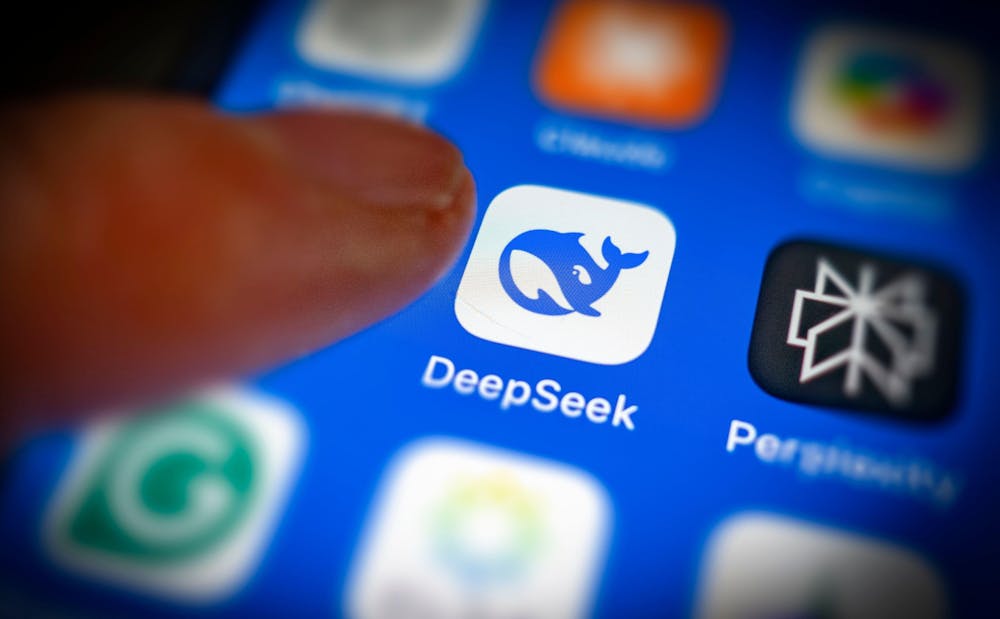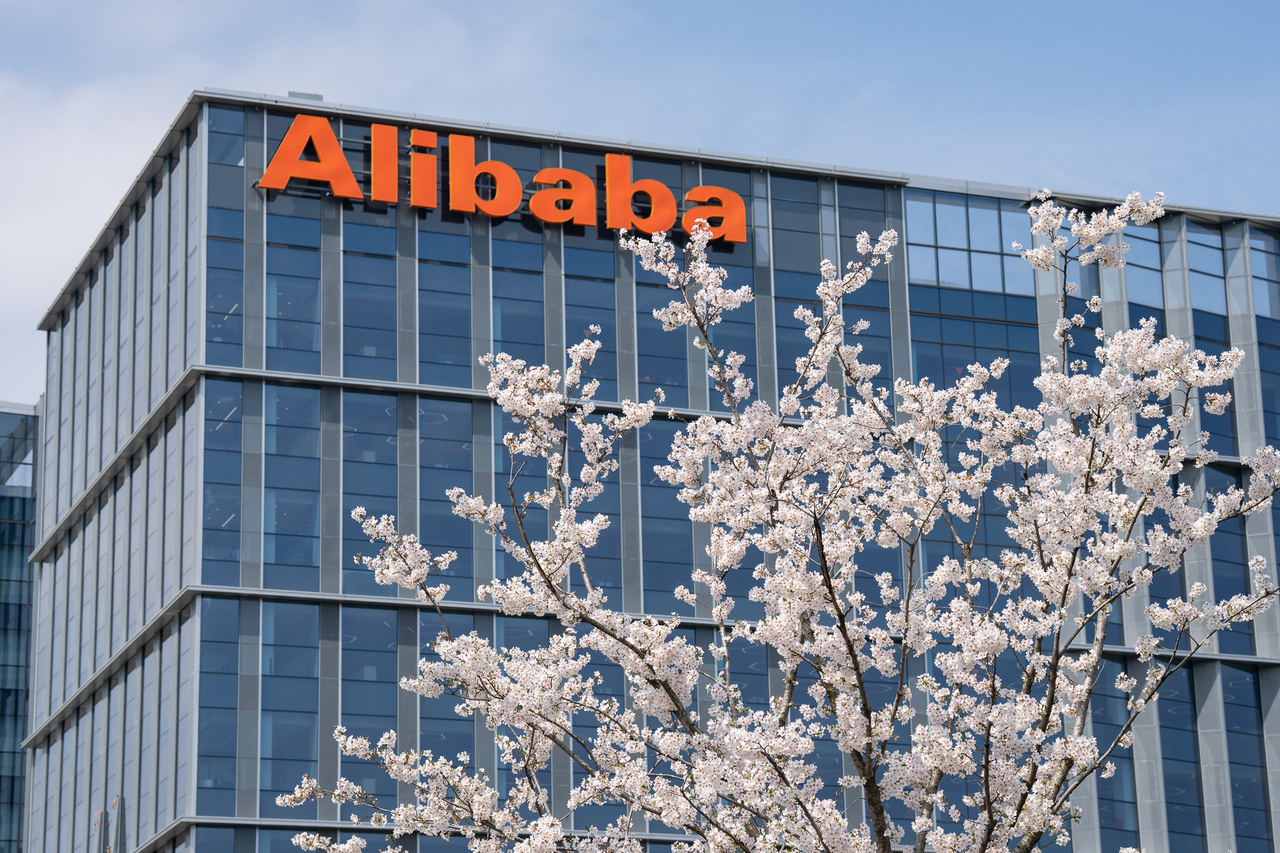
The AI Arms Race: China's Tech Giants Gear Up for Dominance

In the fast-paced world of technology, China's AI sector is witnessing a thrilling race among its giants. With Alibaba launching its latest Qwen series and DeepSeek unveiling a dramatically improved V3 model, the stakes have never been higher. These advancements are not just about bragging rights; they represent a critical push for dominance in a market where the winner could secure lucrative government contracts and long-term revenue streams.
The Competition Heats Up
The competition is fierce, and the implications are vast. As these companies innovate, they are also navigating a complex landscape of regulatory scrutiny and public expectations. The AI boom in China is viewed as a collective win, showcasing the country's strength against global competitors, particularly the U.S. tech giants. According to a report by TechNode, “Chinese artificial intelligence models had already been outpacing expectations—but they have now pushed the bar even higher.” This competition is not merely about technology; it's about securing a foothold in the future of digital governance.
Regulatory Landscape
In recent years, the Chinese government has increased oversight of the tech sector, imposing regulations that shape how companies engage with AI technologies. This regulatory environment is critical in determining which firms can thrive. As DeepSeek and Alibaba race to innovate, they must also ensure compliance with government mandates, which can change rapidly. The challenge lies in balancing innovation with adherence to policies that prioritize national security and data protection.
The Impact on Society
The advancements in AI technology are set to revolutionize various sectors, impacting everything from healthcare to education. As the CEO of DeepSeek stated, "Our goal is to create AI that not only serves businesses but also contributes positively to society." This sentiment reflects a broader understanding among tech giants that their innovations must align with societal needs to gain public acceptance and trust.
Government Contracts: The Golden Ticket
Securing government contracts across healthcare, education, and national security can mean stable, long-term revenue streams. In China’s AI-driven governance model, the stakes are significant. A successful AI model will likely dominate future cloud platforms, enterprise services, and infrastructure projects. As the competition unfolds, companies like DeepSeek and Alibaba are pushing the envelope to prove their technologies' superiority.
Alibaba's Qwen series is designed to integrate seamlessly with existing cloud services, enhancing operational efficiency for businesses while ensuring compliance with government regulations. Meanwhile, DeepSeek’s latest V3 model has been touted as a game-changer, with capabilities that could redefine AI's role in public sector initiatives.
A Global Perspective
While the focus is on domestic competition, the implications of this AI arms race extend beyond China. As Chinese companies enhance their technological prowess, they pose a significant challenge to global tech giants, particularly those in the United States. The race to innovate could shift the balance of power in the tech industry, prompting U.S. companies to accelerate their own AI developments to maintain competitiveness.
Future Prospects
Looking ahead, the AI arms race in China is poised to influence the global tech landscape profoundly. The advancements made by Alibaba and DeepSeek will likely set benchmarks that other countries will aspire to meet. As these technologies evolve, the global community will be watching closely to see how they shape industries, governance, and societal norms.

Conclusion
The unfolding AI arms race among China's tech giants is more than a battle for supremacy; it is a pivotal moment for the future of technology and governance. The innovations emerging from this competition hold the potential to transform industries and improve public services, shaping the digital economy for years to come. As we witness these developments, it is clear that the stakes are high—not just for the companies involved, but for society at large.
Stay tuned as we explore how these developments unfold and what they mean for the global tech landscape. The implications are vast, and as AI continues to advance, the world may find itself in a new era defined by technological innovation and competition.
